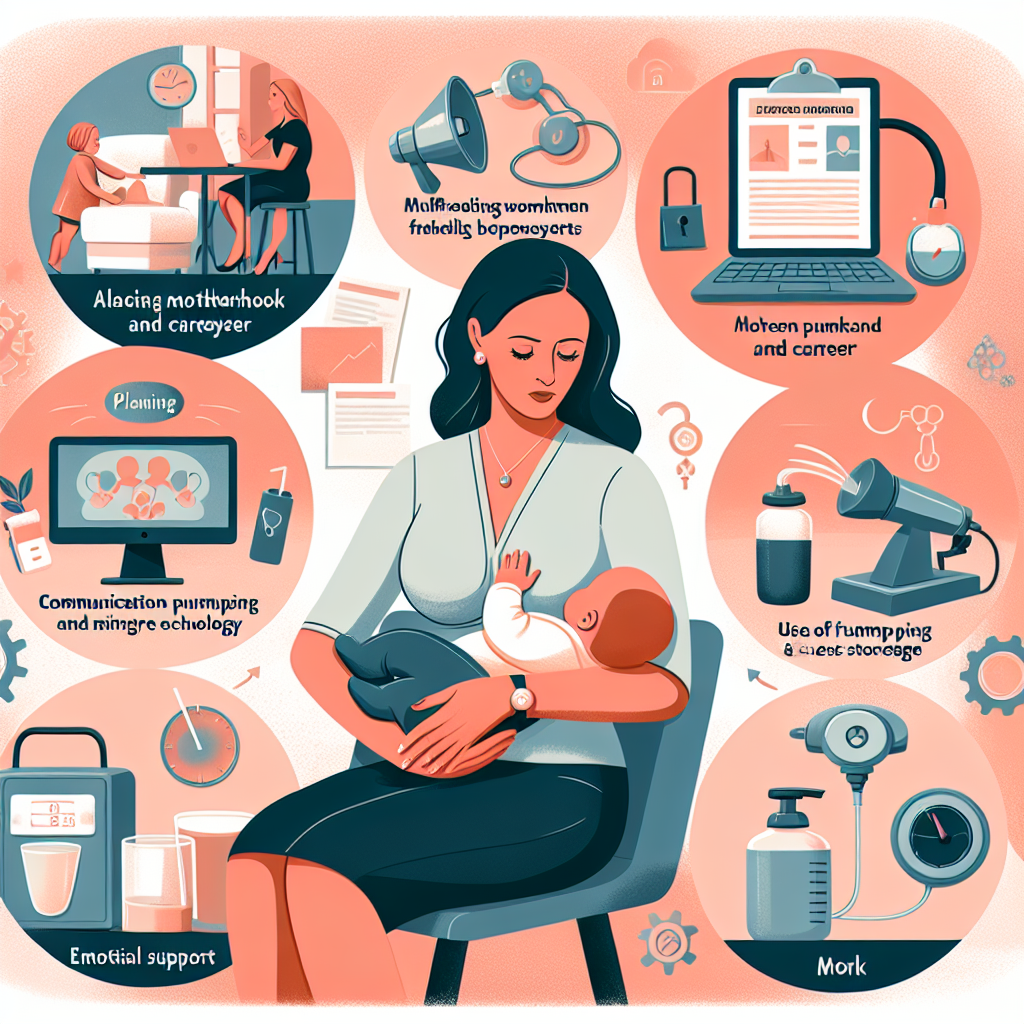Child Development: A Complete Guide to the Essential Stages
Introduction
When it comes to raising a child, each stage is unique and full of challenges as well as joys. From the moment the little one is born until he becomes a teenager, each age period comes with specific physical, emotional and cognitive developments. Navigating these stages is essential to ensure healthy child growth. In this article, we provide you with a complete guide to the essential stages of child development to help every parent better understand their children's needs and behaviors.
First Stage: 0 - 1 Year
At this age, babies learn to interact with the world around them and establish basic relationships. Motor development is rapid, from lifting the head to the first clumsy steps. They also develop their senses and begin to recognize their parents' voices.
Language is limited to sounds and vague babbles, but non-verbal communication flourishes. Every smile and coo is an expression of love and the beginning of communication.
Second Stage: 1 - 3 Years
Children start to walk, run, and explore more and more. Language evolves rapidly, from simple words to short phrases. At this age, children are like sponges, absorbing new information every day.
It is also the time when they start to play with other children, express their emotions and formulate their own wants and needs, which can lead to so-called "tantrums".
Third Stage: 3 - 5 Years
This is the time when children start preschool and are exposed to new environments and people. Socialization becomes a key aspect and develops cooperative and turn-taking skills.
Cognitive development is seen through curiosity about the world around and constant questions about "why" and "how" things work. Imagination is rich and role-playing games are becoming a regular method of play.
Fourth Stage: 5 - 8 Years
With the start of school, children further develop their cognitive, reading and writing skills. Stories become more complex and begin to grasp abstract concepts.
Awareness of self and others increases, as does the need for independence. It is a time when friendships begin to form, but also rivalries and competitions.
Fifth Stage: 8 - 12 Years
At this stage, the child gains a stronger sense of identity and independence. They develop their own interests and talents, and may begin to participate in extracurricular activities.
Emotional development is important, and children can face complexities such as self-esteem and peer pressure. It is also the time when parents should address more serious topics such as internet safety or the effects of bullying.
Adolescence: 12 Years and Over
Development in adolescence brings physical changes due to puberty, but also emotional and social changes consistent with maturation. It's time they question their identity and role in society.
It is vital that parents provide an open and understanding environment for discussing sensitive topics such as sexuality or substance use.
Conclusion
Child development is a continuous and multifaceted process. Parents need to be attentive and endure each stage, providing the necessary support for their little ones to grow up healthy and happy. We hope this guide helps you on your parenting journey and gives you a better understanding of the stages your child is going through. We'd love to hear from you – leave a comment below and don't forget to subscribe to our newsletter for more valuable information!














































































































































